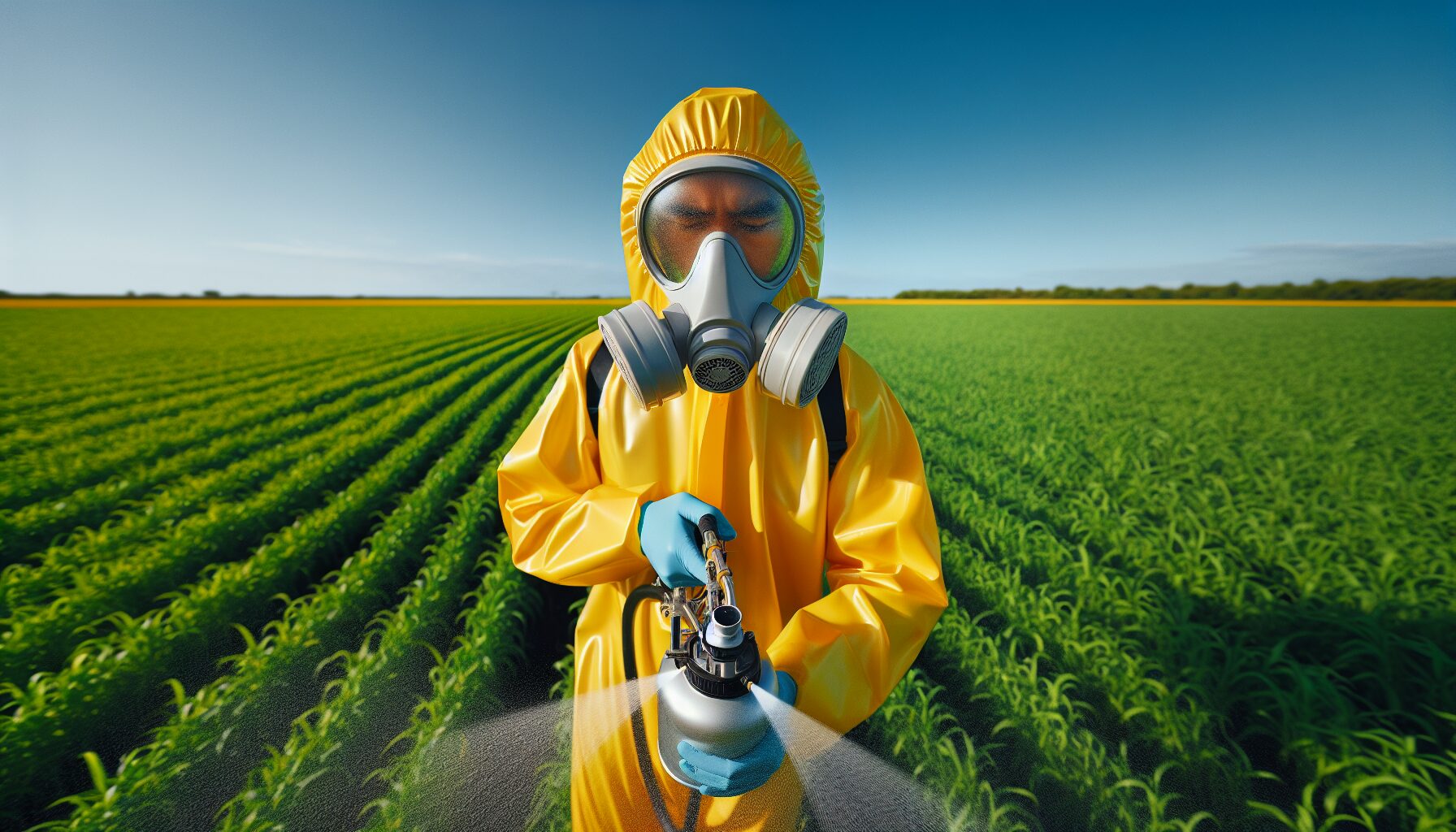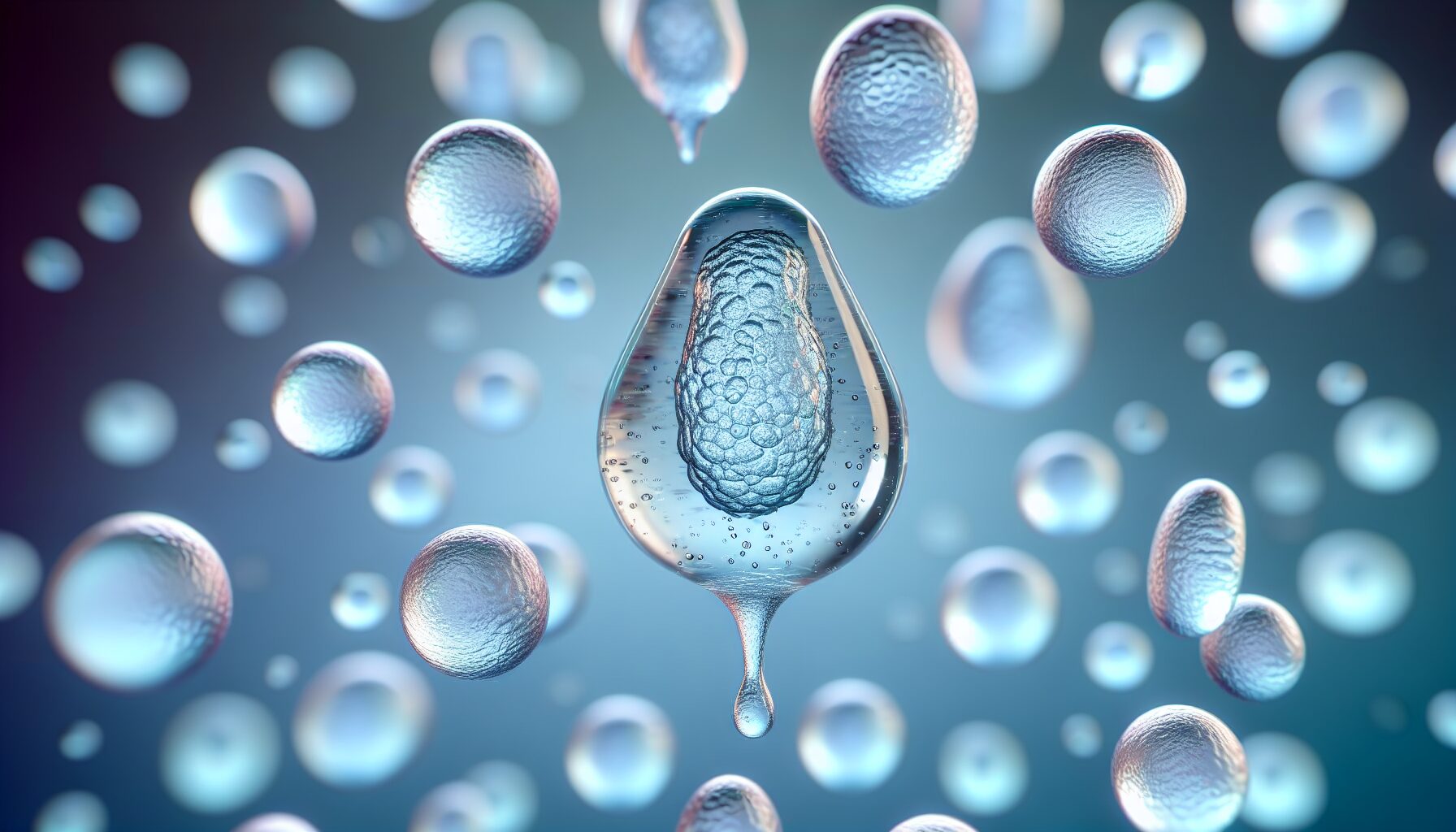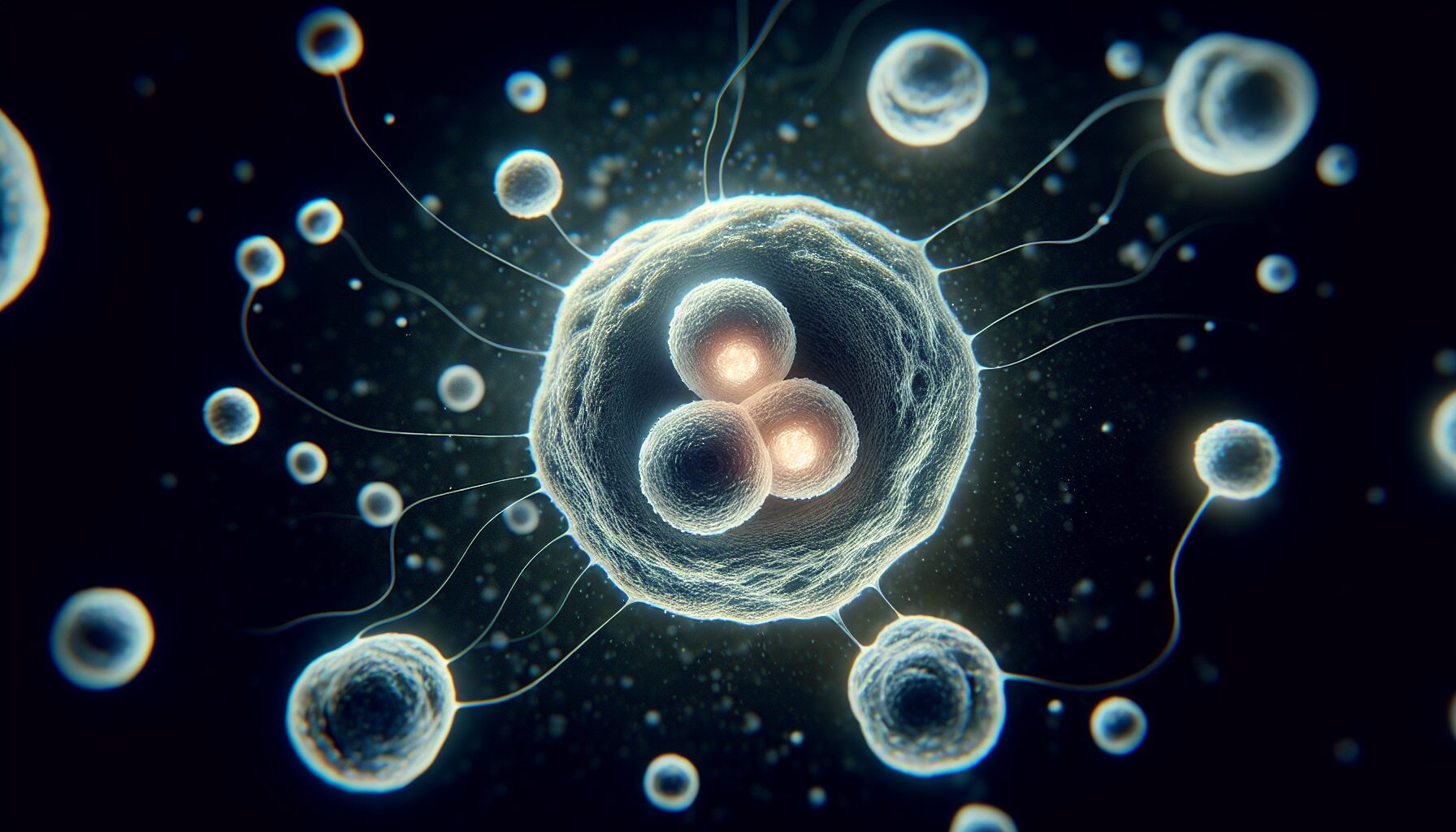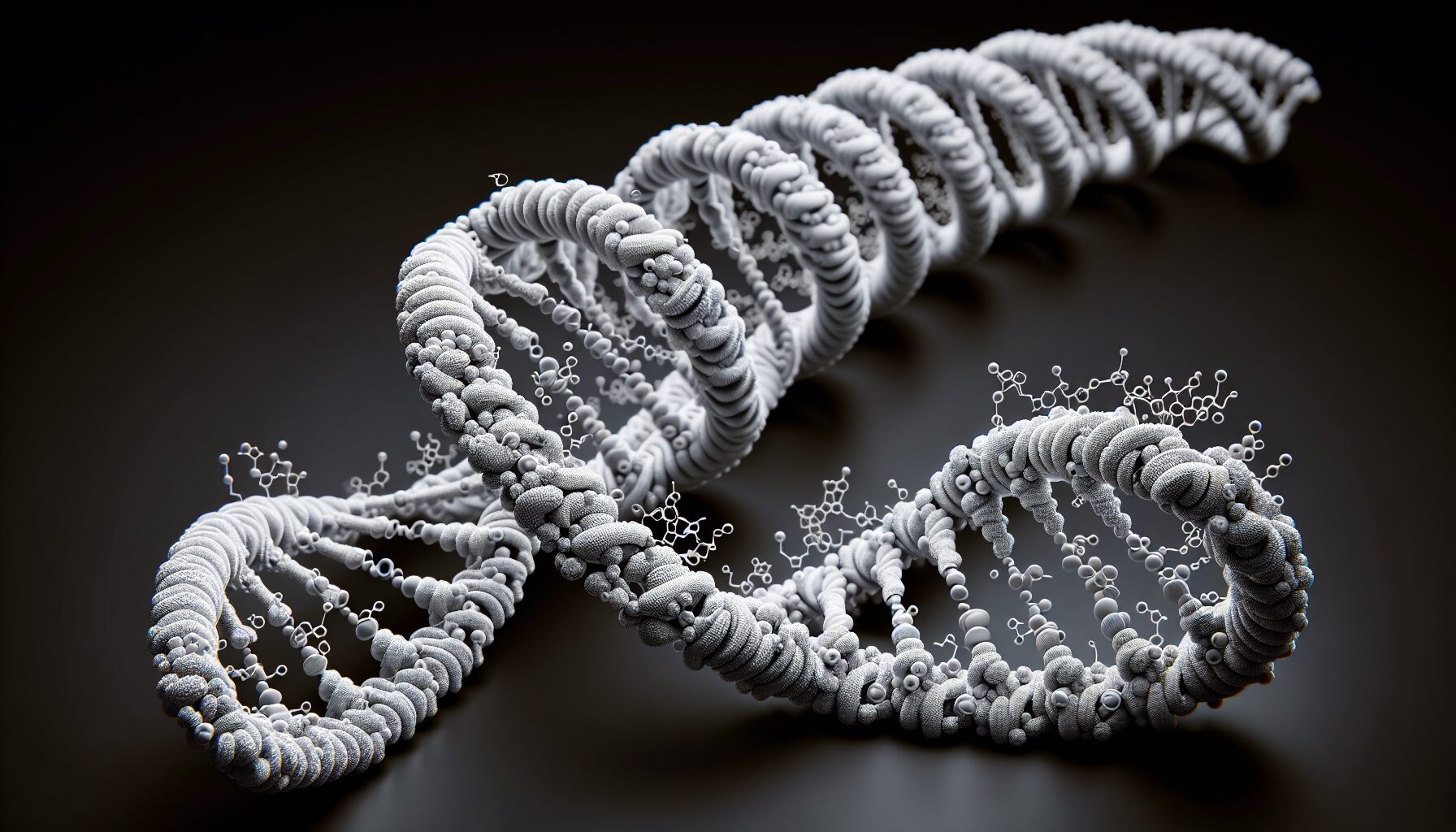
Pesticides In Food: Harmful Effects Of Pesticides On Humans
Industrial pesticide usage seems to be commonplace in intensive agriculture globally, especially in the growth of fruit, but the harmful effects on humans aren’t really discussed at all.
This is a decisive year for the EPA, or environmental protection agency, in the USA who will make some big decisions regarding the long-term use of certain insecticides and herbicides.
In recent years there has been a split into two different agricultural camps, organic agriculture and intensive agriculture. Where organic agriculture seeks to replace intensive agricultural practices that might be bad for our health, such as heavy pesticide usage, intensive agriculture is only focused on crop yield for profit margins. You can read more about the benefits of organic food and an organic lifestyle here.
Organic agriculture restricts the use of pesticides that may have harmful effects on humans. Certified organic crops need to stick to a particular method of production without banned pesticides. Organic crops use specific listed and research panel agreed pesticides including spearmint oil, copper and pyrethrins. These are examples of natural pesticides that cause minimal damage to humans, as assessed through research, being of low toxicological concern for consumers.
Not only are these natural pesticides better for humans, but they have less ecological impacts on aquatic life as well. Pesticide run off from intensive agriculture causes contamination of nearby river and water systems. It is estimated that 80% of sprayed pesticides directly contaminate the environment, causing consequences to the food chain and natural biodiversity of the agri-rural ecosystem. For example, in the states the decline in the honey bee population by a factor of 30% is thought to have been caused by pesticide usage.

Harmful Effects Of Pesticides On Humans
One major breakthrough reason for introducing organic produce to the consumer market was the restriction of using potentially toxic pesticides and the residues they leave on consumer produce, including fruits. These are favourable to an informed consumer who wants to protect their health as much as possible. It is estimated that there is a 70 times lowered toxicity exposure per weight with organic foods and produce. Let’s assess some harmful effects of pesticides on humans and why you may want to switch to organic produce.
Pesticides Exposure In Humans
Human pesticide exposure, even at low levels, has been associated with ill effects on human health such as disruption of hormones, immune problems, reproductive defects and cancers.
There have been casualties reported from the use of industrialized pesticides, particularly to agricultural workers. Exposures in consumers typically occur through residues on fruits and vegetables. Symptoms of immediate pesticide exposure in humans include fatigue, excessive saliva, finger pain and dizziness. They can enter the body through the mouth, skin and through breathing them into the lungs.
In one pesticide handling facility, it was discovered that there were unsafe practices that led to workers experiencing pesticide exposure that led to impaired functions of the kidneys and to irregularities in their overall body redox status. In addition, both the risk in incidences of mental health issues and cancer increase by at least 25% with regular pesticide exposure.
Pesticides & Cancer Risk
One majorly researched health issue with the use of pesticides is their association with cancer incidence. Different pesticides can cause different harmful effects on humans, leading to cancer, including genotoxicity, tumor promotion, hormone disruption and immunotoxicity.
One study claims that there is a 50% increased chance that a child develops brain cancer, lymphoma or leukaemia as a direct result of pesticide exposure. Because of their size, children are more susceptible to pesticide damage weight for weight than adults. Some studies have identified that children were at a genotoxic risk following nearby agricultural exposure, or spraying, with pesticides.
One study in Mexico detected elevated levels of organochlorine pesticides in farmed meats, which presented a carcinogenic risk to consumer’s health. This is pesticide exposure that may resulted from environmental consumption and bioaccumulation in animal tissues.

Pesticides & Endocrine Disruptive Effects In Humans
Another known potential harmful effect of pesticide use on human is endocrine disruption. Your endocrine system is your hormonal system and the regulation of normal hormone levels is essential to maintaining normal growth. Many intensive pesticides are known to disrupt the normal functioning of the endocrine system. Some of these disrupted hormones include testosterone and oestrogen, which can lead to various cancers.
For example, DDE is a organochlorine pesticide that prevents androgen hormones binding to certain receptors. DDT is a well-known pesticide that leads to irregular oestrogen activity. When these disruptions happen regularly, there is an increased risk of developing certain cancers. Endocrine disruptive pesticides have been shown to effect reproductive and sexual development. Chronic exposure to pesticides might also cause infertility and sterility in men due to hormonal imbalances.
Experimental evidence has revealed that some pesticides may influence thyroid hormone levels too, one key influencer in metabolic growth. The conclusions from these studies is that some pesticides could be thyroid hormone disruptors and this is becoming an increasing topic of interest for research. This effect of certain pesticides on humans shows how they have the potential to be harmful to our health.

Pesticides & Gut Microbiota
Recent studies reveal that even low levels of consistent exposure to pesticides, such as paraquat and chlorpyrifos, can harm your internal gut microbiome. The gut microbiome has only recently started to be understood in its complete complexity, with gut microbes being able to influence cognition and weight through metabolism.
Our gut microbes have co-evolved with us humans, developing a relationship with one another. These are careful relationships harnessed from mother to child via the placenta. Animal studies have shown that the gut microbiome environment is altered with organochlorine pesticide exposure. Research suggests that the soil microbiome is also altered with pesticide use. This reveals another harmful effect of pesticide use in humans.
Conclusion
This year, the EPA in the states will have to make an important decision regarding the continued use of particular pesticides. In recent years, agricultural production has begun to split into those favouring intensive and organic agricultural practices. In organic agriculture, there are more restrictions on the amounts and what pesticides can be used. Intensive agriculture favours yield and profitability over consumer safety. These fine lines have led to debate and research on the harmful effects of pesticides on humans.
Here we can see there are research health consequences with pesticide exposure and the most vulnerable age groups are children. Immediate exposure symptoms in humans include fatigue, excessive saliva, finger pain and dizziness. Pesticides can be ingested into the body through the mouth, skin and through your breath too.
While pesticidal residues don’t carry as harmful effects in the short term, there is evidence to suggest potential harm to humans and wildlife from pesticide residues. There is evidence for the bioaccumulation of pesticides within the environment that might lead to added harmful pesticide exposure.
The main health consequences of pesticide exposure seem to be endocrine disruption, cancer risk and gut microbe disruption. Endocrine disruption from pesticides might affect levels of certain hormones, also leading to cancers or infertility. The harmful effects of gut microbe disruption are not that obvious. However, there is evidence to suggest harm to our human microbiome from pesticide exposure.
For more interesting articles, navigate to the main articles page below.





